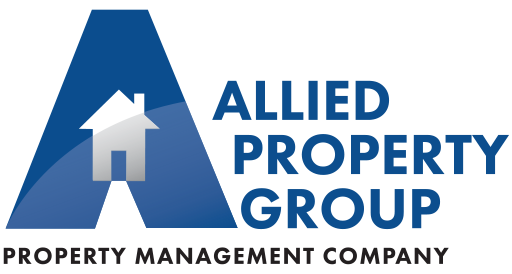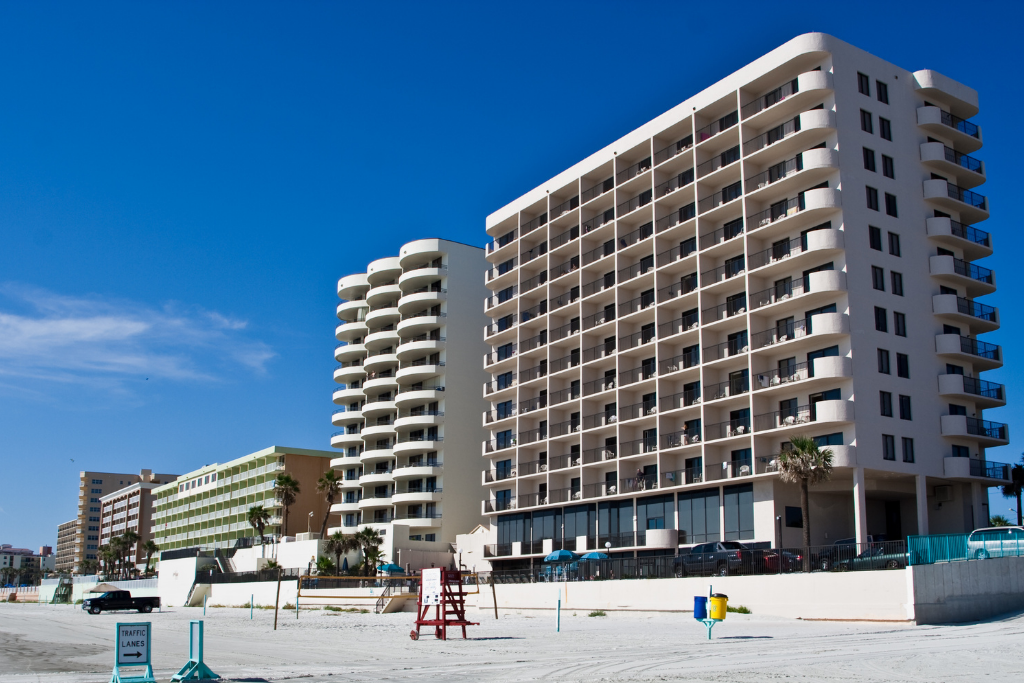The devastating collapse of the 12-story Surfside condominium tower has prompted local, state, and federal officials to reassess what precautions should be mandated to prevent similar tragedies. Condo and homeowner associations, which fall under the Florida Department of Business and Professional Regulations (DBPR), have their own concerns.
Funding Requirements: What Budget Considerations Associations Should Anticipate
More than nine million Florida residents live in a condominium and there are nearly 50,000 condominium associations in the state. A disaster such as the one that occurred at Surfside is bound to have an impact on how condominium towers, particularly older ones, deal with maintenance, inspections, and assessments. For instance, condo associations may need to find the funds for more frequent inspections or increase reserves for additional capital improvements that may not have been included in the reserve schedule. Other potential budgeting considerations include:
- Insurance carriers leaving Florida.
- Insurers not providing coverage for waterfront high rises.
- Higher insurance rates.
- Increased requirements or shortened timeframes for repairs.
Financial planning debates or battles are nothing new for associations, especially when it comes to special assessments. It’s incumbent on boards and board members to try and find a way to communicate to association members how essential some expenditures are or will be.
What Association Members Want
It’s also possible residents will become more vocal regarding issues, pressuring boards to make repairs more quickly or demanding they justify their recommendations for estimated repair costs and special assessments.One solution is to have an association management company with a proven track record, such as Allied Property Group, step in and make suggestions. An experienced association management company brings to the table expertise that can be helpful in reassuring association members that additional monies for inspections, assessments, maintenance, and repairs are needed.
Looking Ahead and Planning Budget Considerations
Florida’s Condominium Act requires condo associations to “protect unit owners from disaster events” and “operate the condominium for the health, safety, comfort, and general welfare of its owners.” While severe storms and hurricanes might be what most Florida condo owners think of when they hear “disaster,” the Champlain Towers tragedy makes clear there are other potential catastrophes boards need to consider.Looking ahead, boards should anticipate new laws aimed at preventing another tragedy like Surfside. They might include:
- Removing the ability of owners to waive reserves.
- Increasing the recertification process from 40 to 30 or even 20 years.
- Requiring reserve studies to ensure associations have adequate funds.
Regardless of how an individual association chooses to respond to the current upheaval, association members need to know they’ll likely see increases in annual assessment charges. Though it’s tempting to try and keep assessment charges low or stable in the short term, members should be educated on the possibility of there being special assessments levied depending on the urgency of proposed projects.Few, if any, members welcome budget increases, but they’re often necessary for the sound operation of an association. The association’s board must communicate and illustrate how it is always acting in the best interest of the association of which they, too, are members. It’s the best way to protect everyone’s financial well-being in the long run and foster stronger board and member relationships.




